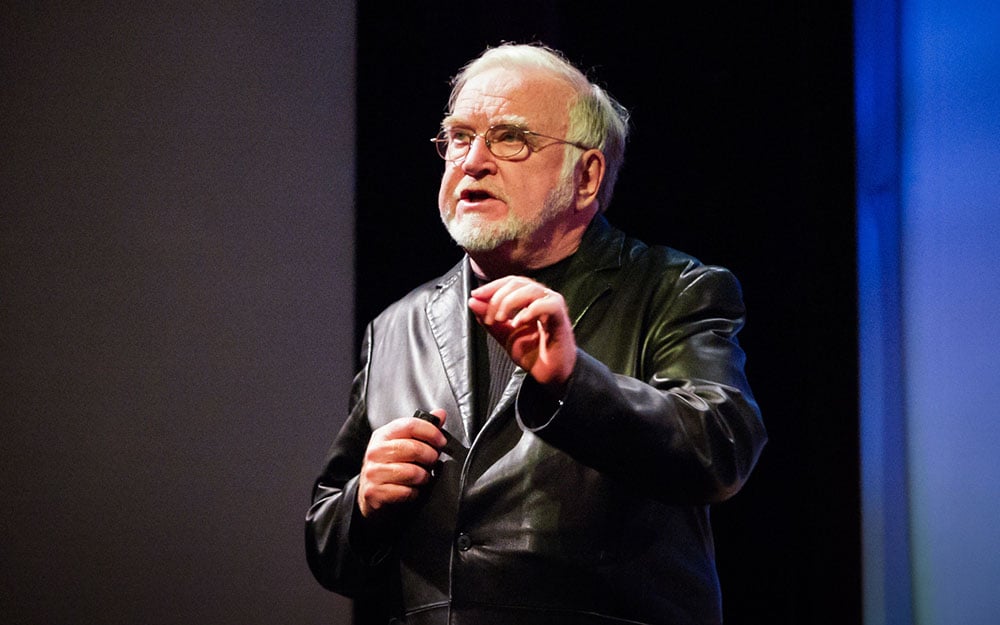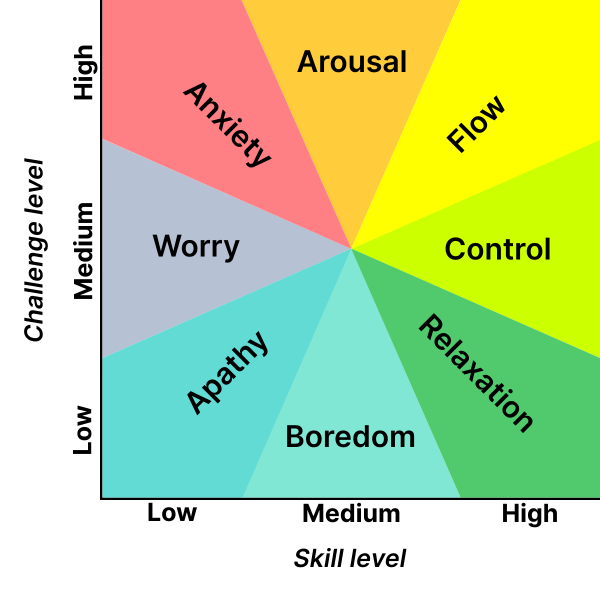
Mihaly Csikszentmihalyi's impact on your sales organization
Most sales trainers and coaches have at least some familiarity with the topics of productivity, motivation, and psychology. Chasing states of optimal productivity, managers may invest in software, process development, and training. To keep salespeople motivated, organizations may bring in speakers, invest in strategic compensation structures, or hire coaches explicitly to keep their people on task.
And when it comes to psychology - almost every salesperson can tell you something about the “psychology of sales” or how to understand the psychology of the buyer.
All of these aspects of sales training and coaching have one thing in common: We owe their existence, in part, to Mihaly Czikszentmihalyi, who recently passed away.
Who was Czikszentmihalyi?
Czikszentmihalyi, who was born September 29, 1934 and died on October 20, 2021, was a Hungarian-American psychologist who laid the groundwork for much of today’s understanding of how human consciousness works.
In the 1960s and 70s, when Czikszentmihalyi was beginning his professional work, the field of psychology was still not well understood. More significantly, few serious scientists were concerned with questions of consciousness and happiness, let alone how those things might contribute to human productivity.
Czikszentmihalyi not only tackled the issue, he became one of the leading thinkers in the positive psychology movement, and founded the work that would lead to deeper understanding of intrinsic motivation and its impact on productivity.
But what Czikszentmihalyi is best known for is his work on the concept of “flow.”
What is flow and why does it matter in sales?
Flow is the term Czikszentmihalyi used to describe a state of consciousness in which a person feels their best and performs their best. Steven Kotler, one of Czikszentmihalyi’s most renowned proponents, New York Bestselling author, and executive director of the Flow Research Collective, describes it as “an optimal state of consciousness, a state where you feel your best and perform your best.”
When people enter a state of flow, they perform at their best.
Today, almost every elite athlete is familiar with the concept of the state of flow. It’s the feeling you get when you are performing a challenging task that you have a high level of skill in, the moment when everything else in the world drops away and you are conscious of nothing but the task itself. It feels great.
I’ve had the feeling myself when skiing. It’s one of the reasons I go back to my favorite ski places every year. I just can’t get enough of it.
But athletics aren’t the only place where flow can be achieved. Writers and other creatives describe the state of flow when it feels like there is nothing else in the world but what they are creating, and the words or images simply flow out of them.
In fact, professionals in any field can reach this state - and you know it when you’ve reached it. Perhaps you’re in a challenging presentation and the CEO of your potential client organization asks you a difficult question - but it’s one you understand deeply and can discuss at length, and once you get going, you forget that you’re in a presentation and there’s only you and the CEO and the conversation.
That’s flow.
Czikszentmihalyi is the one who first identified this state, named it, and studied it. He identified the characteristics of flow, as well as the qualities required in order to achieve it. He also described the benefits to productivity that a state of flow can provide.
The state of flow, according to his research, can be achieved when you are performing an activity that is both very challenging but also that you are very skilled at. He used a chart to show the different levels of arousal and performance based on skill level and challenge level, with flow occurring when a person has reached the upper right quadrant.

(Image credit: Wikipedia https://en.wikipedia.org/wiki/Mihaly_Csikszentmihalyi)
Why should salespeople and sales leaders care about flow?
When people enter a state of flow, they perform at their best. Salespeople can enter a state of flow when they are supported by excellent training and coaching, and provided with work that is challenging and satisfying.
They also must be provided with the opportunity to stay in the state of flow once achieved. Often, in sales, we interrupt salespeople’s flow with clunky software solutions, too many point solutions, and too much task switching.
When we interrupt flow, we also interrupt optimal performance.
Sales organizations have Csikszentmihalyi to thank for these insights that help us do our jobs better.
Personally, I’m grateful for his work that helps me to understand both how I work, and how I play. Understanding this work enables me to achieve a state of flow more often and sustain it for longer.
And that simply feels good.
I would love to show you how Membrain helps your team achieve and maintain flow on the job. Sign up for a demonstration.

By George Brontén
George is the founder & CEO of Membrain, the Sales Enablement CRM that makes it easy to execute your sales strategy. A life-long entrepreneur with 20 years of experience in the software space and a passion for sales and marketing. With the life motto "Don't settle for mainstream", he is always looking for new ways to achieve improved business results using innovative software, skills, and processes. George is also the author of the book Stop Killing Deals and the host of the Stop Killing Deals webinar and podcast series.
Find out more about George Brontén on LinkedIn







